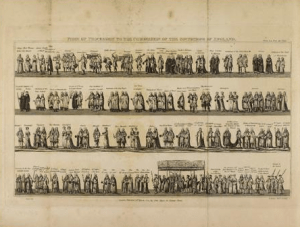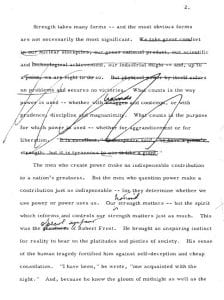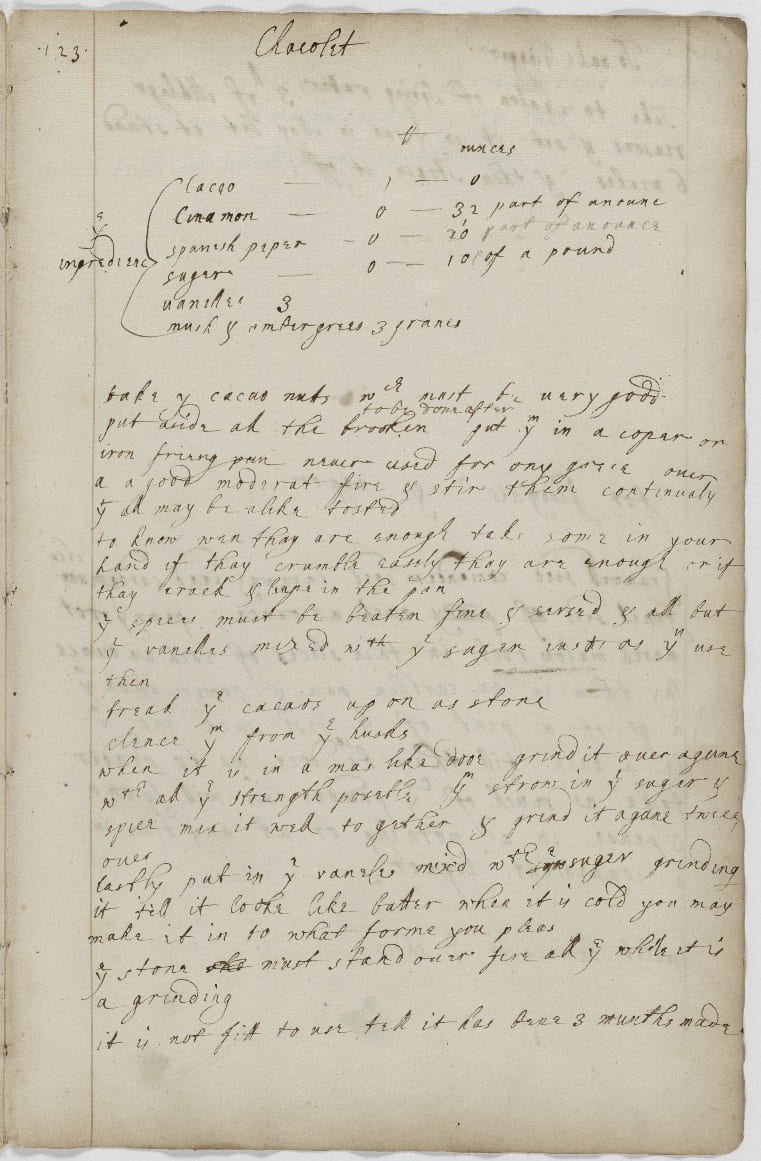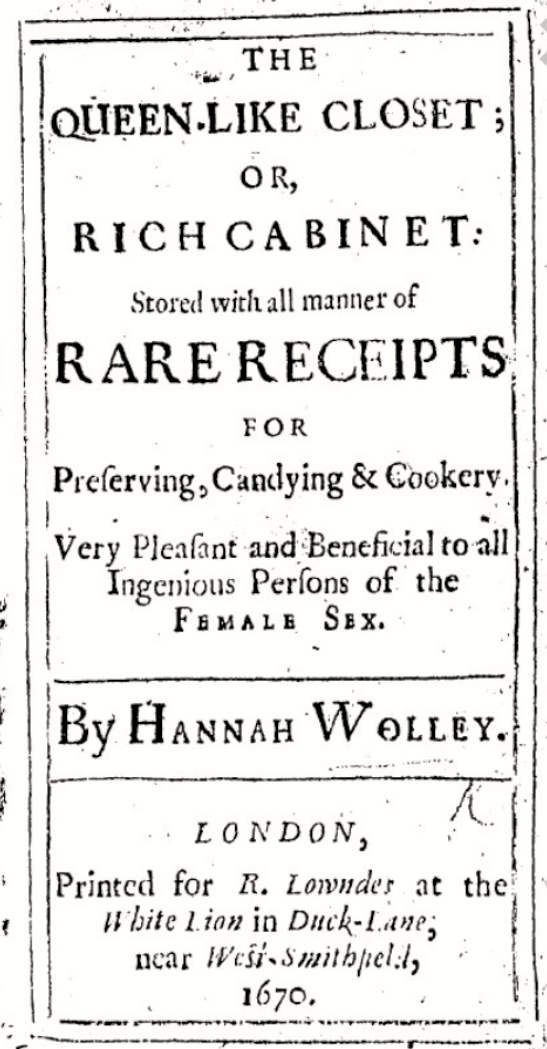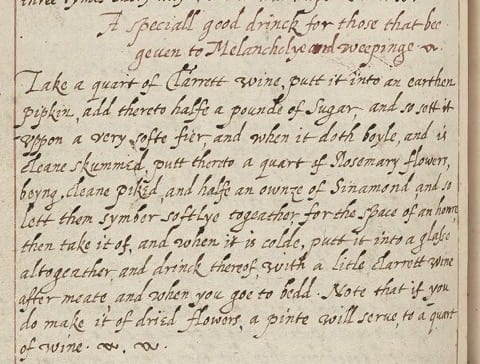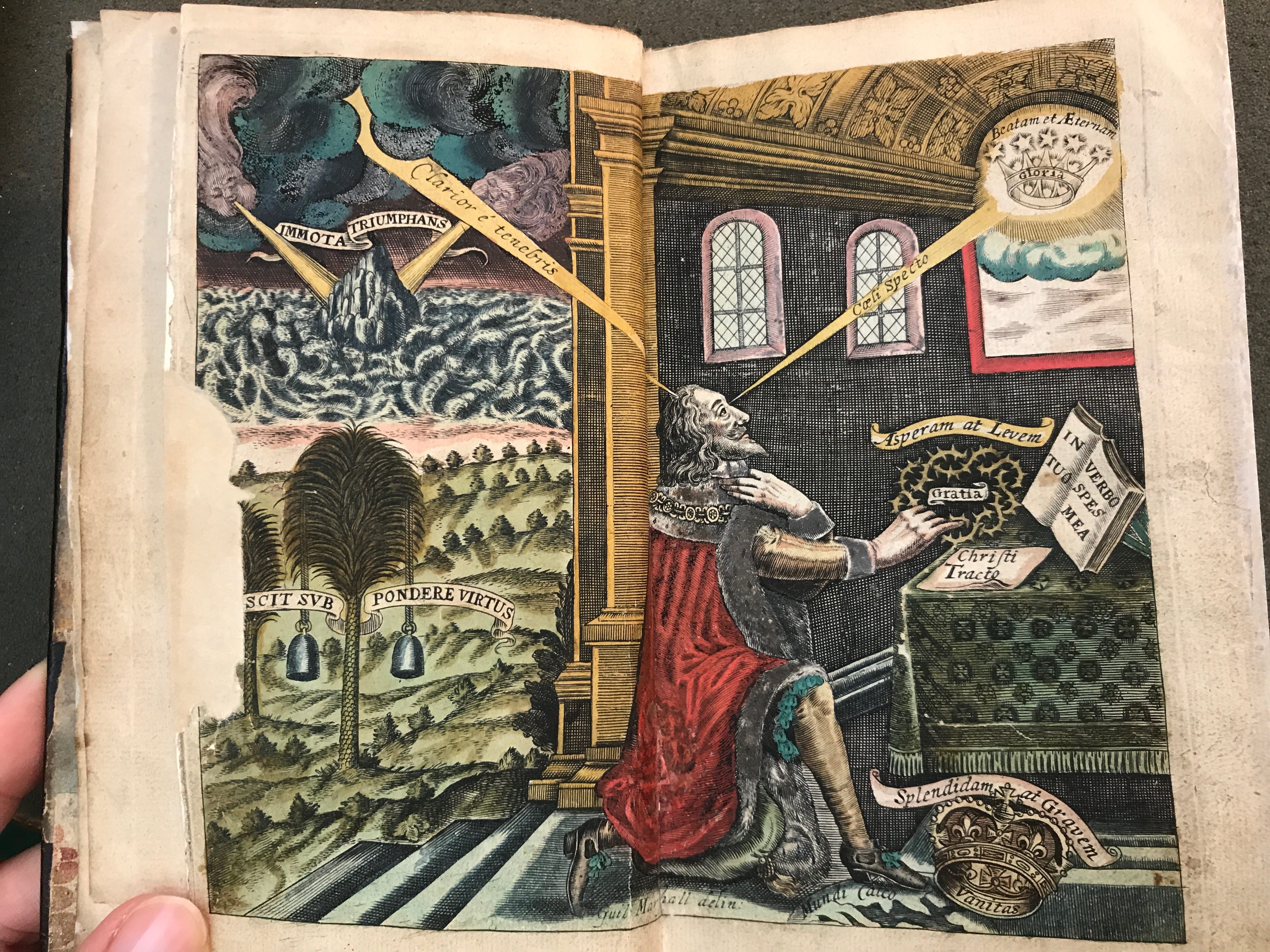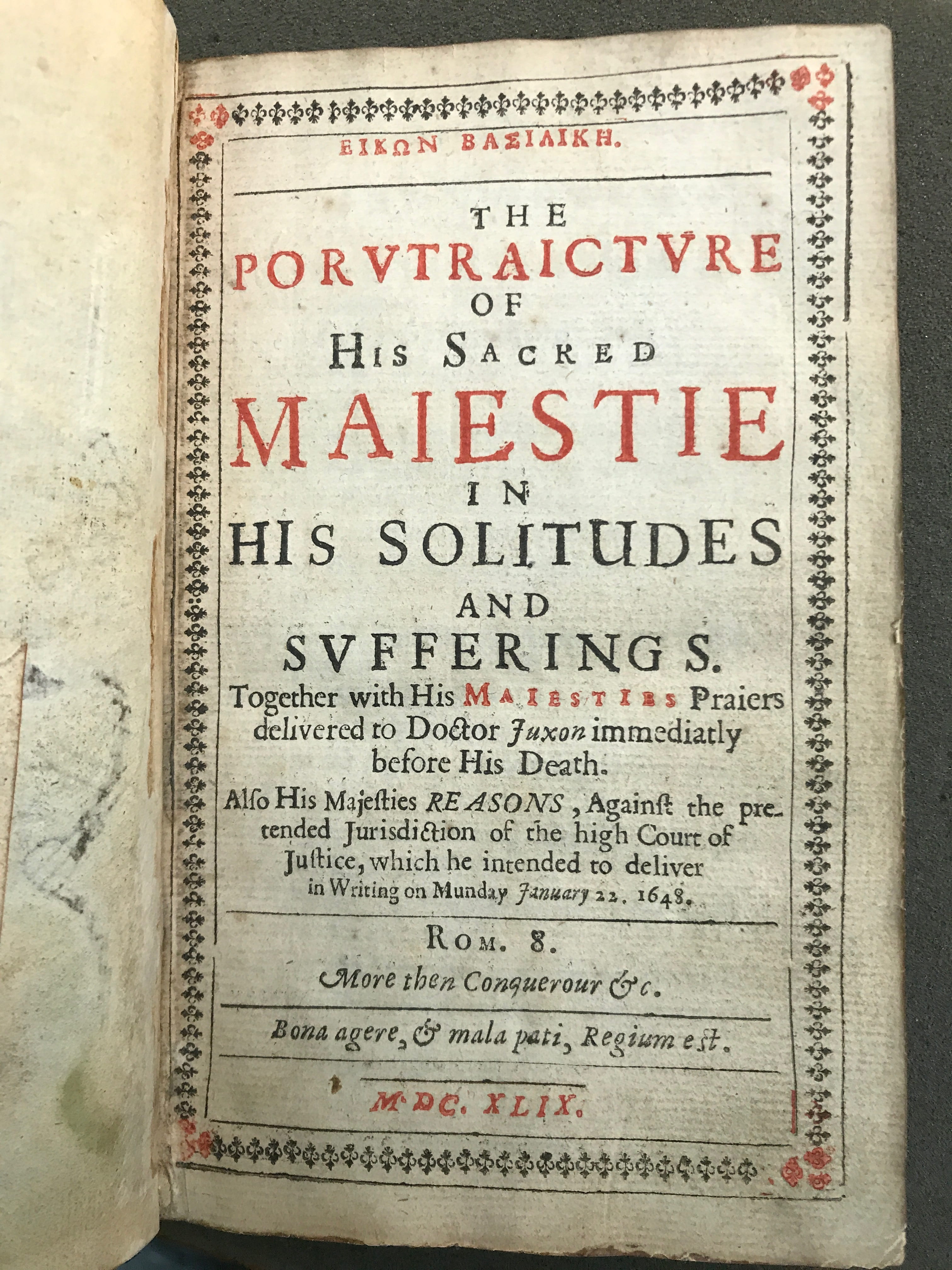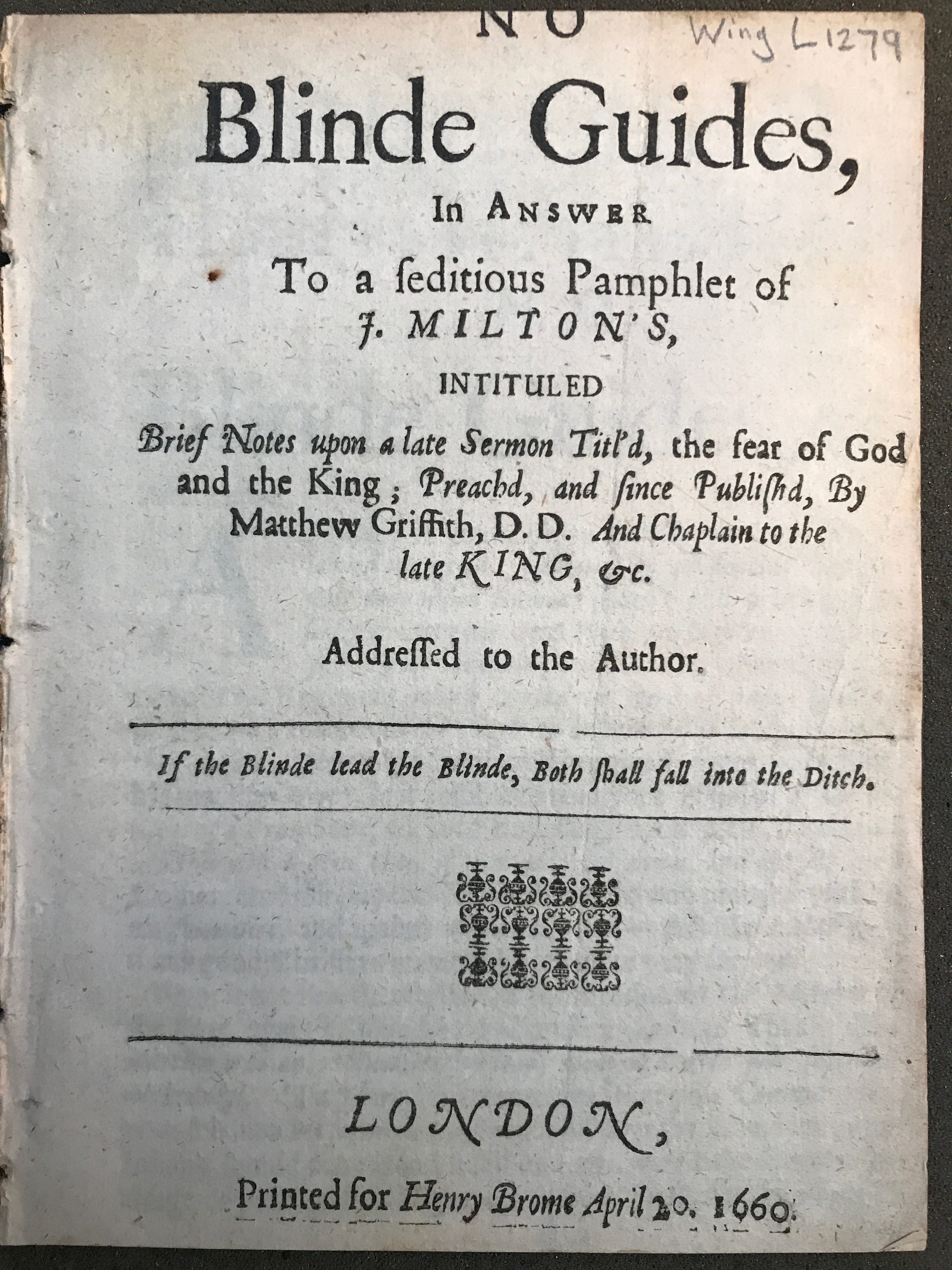Tuesday, Feburary 13: Sammie Byron from Shakespeare Behind Bars discussion, Library room 230, 1:30 – 2:30 p.m.
“Advantages of Longhand Over Laptop Note Taking”
“Why You Should Take Notes by Hand — Not on a Laptop”
 Virginia Woolf, A Room of One’s Own (1929)
Virginia Woolf, A Room of One’s Own (1929)
“My belief is that if we live another century or so — I am talking of the common life which is the real life and not of the little separate lives which we live as individuals — and have five hundred a year each of us and rooms of our own; if we have the habit of freedom and the courage to write exactly what we think; if we escape a little from the common sitting-room and see human beings not always in their relation to each other but in relation to reality; and the sky, too, and the trees or whatever it may be in themselves; if we look past Milton’s bogey, for no human being should shut out the view; if we face the fact, for it is a fact, that there is no arm to cling to, but that we go alone and that our relation is to the world of reality and not only to the world of men and women, then the opportunity will come and the dead poet who was Shakespeare’s sister will put on the body which she has so often laid down.”
Lady Mary Chudleigh, 1699:
“Woman’s being created last will not be a very great argument to debase the dignity of the female sex. If some of the men own this … ‘tis more likely to be true. The great Milton, a grave author, brings in Adam thus speaking to Eve in Paradise Lost, ‘Oh, fairest of creation, last and best of all God’s works.’”
Mary Astell, 1700:
Patience and submission are the only comforts that are left to a poor people who groan under tyranny unless they are strong enough to break the yoke. Not Milton himself would cry up liberty to poor female slaves or plead for the lawfulness or resisting a private tyranny.
“The Last Carnival” lyrics, Bruce Springsteen
Dr. Samuel Johnson, 1779, on “Lycidas”:
It is not to be considered as the effusion of real passion; for passion runs not after remote allusions and obscure opinions. Passion plucks no berries from the myrtle and ivy, nor calls upon Arethuse and Mincius, nor tells of “rough satyrs and fauns with cloven heel.” Where there is leisure for fiction there is little grief.
In this poem there is no nature, for there is no truth; there is no art, for there is nothing new. Its form is that of a pastoral, easy, vulgar, and therefore disgusting: whatever images it can supply are long ago exhausted; and its inherent improbability always forces dissatisfaction on the mind.
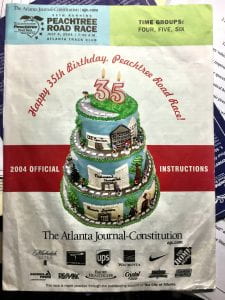
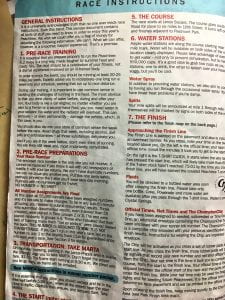
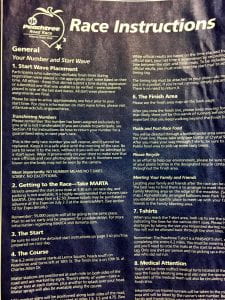
I seem to trace two simultaneous and contradictory metaphysical needs: the desire to be fully known by others and the desire to protect one’s own interiority. How are these expressed in Hamlet?
Here’s a clear and helpful guide on how to quote Shakespeare.
And here’s the same professor’s clear guide on quoting prose.
“I have but lately stood on my guard against Milton. Life to him would be death to me.” John Keats, 1818
“constantly”: in every case, always, perpetually
William Styron’s Darkness Visible
John Dryden “tags” Milton’s lines
“Ay, you may tag my verses if you will.” (Milton to Dryden)
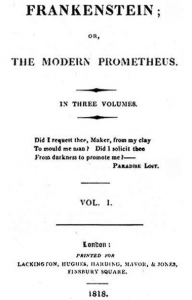
David Mitchell’s From Me Flows What You Call Time, forthcoming 2114
Designing Effective Discussion Questions

